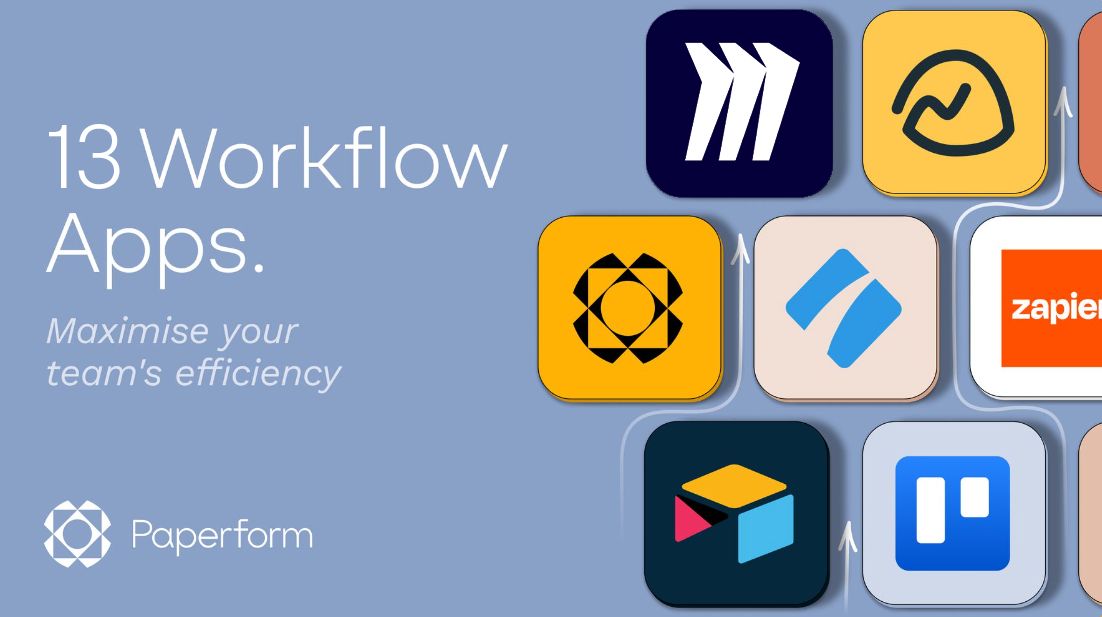The year 2025 promises to be a pivotal moment for businesses worldwide, marked by technological advancements, shifting consumer behaviors, and heightened global challenges. To navigate this dynamic landscape successfully, businesses must adapt their strategies and prioritize initiatives that foster growth, innovation, and sustainability.
1. Embrace AI-Driven Transformation
Artificial intelligence (AI) has the potential to revolutionize various aspects of business operations. In 2025, forward-thinking companies should invest in AI technologies to streamline processes, enhance customer experiences, and gain valuable insights from data. By leveraging AI-powered tools, businesses can automate repetitive tasks, improve decision-making, and uncover new opportunities for growth.
Beyond automating tasks and improving decision-making, AI can also be used to create personalized customer experiences, optimize supply chains, and develop innovative new products and services. For example, AI-powered chatbots can provide 24/7 customer support, while predictive analytics can help businesses identify emerging trends and anticipate customer needs.
2. Prioritize Cybersecurity
As cyber threats continue to evolve, businesses must strengthen their cybersecurity measures to protect sensitive data and mitigate risks. Investing in robust security infrastructure, implementing regular vulnerability assessments, and training employees on cybersecurity best practices are essential steps to safeguard against potential breaches.
3. Foster a Culture of Innovation
Innovation is the lifeblood of business success. In 2025, companies should cultivate a culture that encourages creativity, experimentation, and risk-taking. By providing employees with the resources and support they need to develop new ideas, businesses can stay ahead of the competition and drive growth.
4. Invest in Employee Well-being
The well-being of employees is directly linked to their productivity and job satisfaction. In 2025, businesses should prioritize employee well-being by offering comprehensive benefits packages, promoting work-life balance, and creating a supportive work environment. This includes providing access to mental health resources, flexible work arrangements, and opportunities for professional development.
5. Embrace Sustainable Practices
Sustainability is becoming increasingly important to consumers and investors alike. In 2025, businesses should adopt sustainable practices that minimize their environmental impact and contribute to a more sustainable future. This includes reducing energy consumption, minimizing waste, and sourcing ethical and sustainable materials.
6. Leverage Social Media for Customer Engagement
Social media platforms offer businesses a powerful way to connect with customers and build brand loyalty. In 2025, companies should actively engage with their audience on social media by sharing valuable content, responding to inquiries promptly, and leveraging data analytics to understand customer preferences.
7. Invest in Upskilling and Reskilling
The rapid pace of technological change is making it essential for businesses to invest in upskilling and reskilling their workforce. By providing employees with the training and development they need to acquire new skills, businesses can ensure that they have the talent they need to succeed in the future.
8. Explore Emerging Markets
As the global economy continues to evolve, businesses should explore opportunities in emerging markets. By expanding their reach into new regions, companies can tap into new customer segments, diversify their revenue streams, and gain a competitive edge.
9. Offer Portable Long Service Leaves
Portable long service leaves allow employees to accumulate paid time off over their careers, regardless of employer changes. This innovative benefit can help attract and retain top talent, particularly in industries with high employee turnover. In 2025, businesses should consider offering portable long service leaves as a valuable employee perk.
10. Prioritize Diversity and Inclusion
Diversity and inclusion are essential for creating a positive and productive work environment. In 2025, businesses should take steps to promote diversity and inclusion by implementing inclusive hiring practices, fostering a culture of respect, and providing opportunities for underrepresented groups to advance their careers.
11. Harness the Power of Data Analytics
In the era of big data, businesses have access to a wealth of information that can be used to drive decision-making and improve performance. In 2025, companies should invest in data analytics tools and capabilities to extract valuable insights from their data. By analyzing customer behavior, market trends, and operational metrics, businesses can identify areas for improvement, optimize their strategies, and gain a competitive advantage.
12. Prioritize Ethical AI Development
As AI becomes increasingly integrated into business operations, it is essential to prioritize ethical development and deployment. In 2025, businesses should establish guidelines and standards for AI use, ensuring that AI systems are fair, transparent, and accountable. This includes addressing issues such as bias, privacy, and job displacement.
13. Foster a Culture of Continuous Learning
In a rapidly changing business landscape, continuous learning is essential for individual and organizational success. In 2025, businesses should invest in employee development programs that encourage lifelong learning and skills acquisition. This can include providing access to online courses, workshops, and mentorship opportunities.
14. Embrace Remote Work and Flexible Arrangements
The COVID-19 pandemic has accelerated the adoption of remote work and flexible work arrangements. In 2025, businesses should continue to embrace these trends, recognizing the benefits they offer in terms of employee satisfaction, productivity, and cost-effectiveness. By providing employees with the flexibility they need to balance work and personal commitments, businesses can create a more engaging and productive work environment.
15. Prepare for Disruptions
The world is becoming increasingly uncertain and volatile, with disruptions such as natural disasters, economic downturns, and geopolitical events posing significant risks to businesses. In 2025, businesses should develop contingency plans and resilience strategies to prepare for and mitigate the impact of disruptions. By building a more resilient organization, businesses can better withstand challenges and emerge stronger.
16. Build Strong Partnerships and Collaborations
In today’s interconnected world, partnerships and collaborations are essential for success. In 2025, businesses should seek opportunities to collaborate with other companies, industry organizations, and academic institutions. By working together, businesses can share resources, expertise, and best practices, leading to greater innovation and growth.
17. Address the Skills Gap
The skills gap, the mismatch between the skills employers need and the skills available in the workforce, is a growing concern. In 2025, businesses should work with educational institutions and industry organizations to address the skills gap and ensure that employees have the skills they need to succeed.
By embracing these initiatives, businesses can position themselves for success in 2025 and beyond. By staying ahead of the curve, investing in innovation, and prioritizing sustainability, companies can build a strong foundation for long-term growth and prosperity.





